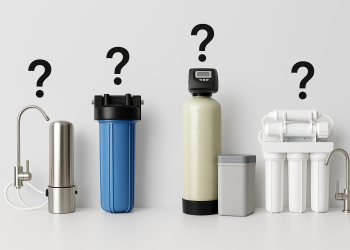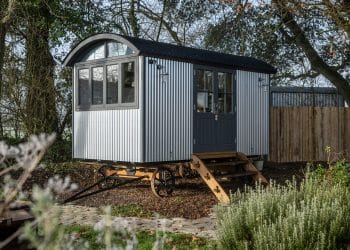Table of Contents
The right insurance plan will give you the right coverage for your home at the right price.
Let’s face it, if we could, we would not want to deal with insurance companies. The world of insurance is a complicated and tricky world to navigate. But it is essential to protect yourself from unforeseen events. Your home is probably one of the biggest investments you have made. As such, it is imperative that you make sure you are covered in the case of disasters or accidents that may befall the home. There are a ton of options to choose from when getting home insurance. If you do not plan ahead and educate yourself on the options available in the market, you may not be able to make the best decision in choosing a home insurance policy. Fear not though, as we have compiled a list of things that should be influencing your decision when choosing an insurance plan for your home.
Things to consider before you select a policy
Right off the bat, the first thing you have to ensure, before even setting out to choosing a policy, is to make sure that your credit score is decent. This will have an enormous impact on the policies that will be available to you. In order to get the best homeowners insurance policy possible, the importance of a good credit score cannot be understated. Many people have the wrong knowledge that credit scores only affect your ability to get a mortgage. Well once you have secured the mortgage, the next step is to get insurance for your home. Your credit score is important in this regard with a bad score meaning that you will have to pay much higher for the insurance premiums.
Next, in this pre insurance buying stage, we must take into consideration the type of house you are getting. This will, very obviously, have an impact on the options of home insurance policies available at your disposal. A whole host of factors play an important role in getting insurers to insure your home. Some of the notable ones are the size of your home, the location where it is situated, the neighbourhood the home is in, accessibility of fire services to the home, the cost of construction as well as the age of the home. A good idea may be to get a claims history report from the seller of the house. This report will give you a good idea of what kind of coverage you should be looking for in your home insurance policy. If you skip this step, you may have to pay much more in future due this negligence.
Choosing the actual policy
Other than just homeowners and auto policy, it might be useful for you to get an umbrella policy. This type of insurance policy is one that is basically a liability insurance policy where the added advantages are its higher coverage limits and also the fact that it expands the coverage. This is beneficial because it basically includes in your policy other things in addition to the couple or more primary policies. It is important here to mention that a primary policy by itself will in most cases not be enough to cover up a significant loss. Check with different providers and see the coverage they provide and the prices as well. There are sites where you can easily get all the quotes such as Money Expert home insurance quotes.
You should also seriously be considering a higher deductible on the property coverage. With higher deductibles, you can bring down the premium quite significantly as this allows your insurance provided to not be bothered by smaller claims and the costs incurred when settling the claim.
Cover your bases
Never ever skimp on the protection aspect just because it is cheaper. You should always plan ahead and pick an insurance policy that will cover the replacement cost and not just the amount needed to have had the house built. It is important to point out here that insured value should never consider the current value of your home in the market. That is specific operation of land and location value. The cost of replacement on the other hand is the amount of money that will be needed to rebuild or repair your entire home, which includes the cost of construction currently.
Make sure that all of your bases are covered with the insurance policy you are going for. Make sure the insurance policy does not have any holes in it. If you live in a disaster prone area or areas that have frequent flooding (maybe not up to the scale of disaster but still happens frequently), you should factor these things in when making the decision.
Making the final choice
You should always have a broad knowledge of the kinds of plans that are being offered currently by the different insurance providers. You may also consider assigning an agent. They are more skilled and have the necessary specialization in this area that may help you make a more informed decision. You should make sure to get at least a few quotes from different providers before you decide to go with one. The things you should compare include stuff such as limits, coverage, the premium and the deductibles. No two policies will be the same, they all have their own unique selling points. Another useful tool you have is the internet. You can do a comprehensive research on your provider before you finally settle on one and you can also look at how they generally handle claims.
You can bring down the cost of your insurance if you do a few simple things. This includes adding safety features such as smoke detectors, anti theft protection, storm shutters etc. These features to your house will help you get discounts from the insurance providers.
Insurance companies deal with very specific detailed information to conduct their business. As such, not researching upon the variety of options available to you would be financially not prudent. So make sure you are well prepared with the knowledge required to make the best decision when purchasing home insurance.








